MOBILITY IN NORTH MACEDONIA
21/03/2022 - 25/03/2022 in SUGS Gimnazija Josip Broz - Tito, Skopje
LTT was held in North Macedonia under the leadership of SUGS Gimnazija Josip Broz - Tito. Due to its proximity to agricultural-sourced biogas production facilities, the host school was chosen as the leader for this LTT. LTT activities, small group work, brainstorming, presentations, workshops, demonstrations, project-based learning, field visits, methods and materials development students using problem solving, critical thinking, collaboration, and creativity skills were developed.
Monday
- participants introduced their schools, countries and cultures,
- presentation of the host school on "use of biomass energy in the world",
- Skopje City tour, visit to the Archaeological Museum of Macedonia.
Tuesday
- mentoring of the host school's guidance counselor on classroom management and
communication to other teachers,
- presentation of each school's own country's biomass energy potential,
- "I'm going to my school on a bicycle" event under the guidance of the host school's physical
education teacher and sharing it on social media.
Wednesday
- seminar by an academic from the University of Skopje on biomass energy,
- educational visit to the Skopje Solid Waste Centre biogas facility,
- event promoting the food, culture, folk dances and songs of North Macedonia with the
participation of parents.
Thursday
- students designed their own biogas boilers in mixed groups with STEM approach and
implemented them as concrete products,
- sharing these studies with E-Twinning partners,
- environmental education in Matka Canyon.
Friday
- development of course materials for the project subject of teachers,
- preparation of digital panels and Exhibition work,
- elimination of students ' missing learning during the activity with the contribution of the teachers of the host school,
- evaluation meetings and writing progress reports.
Benefits of the participants:
- The students were provided to observe and explored the biogas production process with concrete examples, to develop teamwork and language skills, to gain self-confidence by socializing in multicultural environment,
- the students developed their key skills by designing products to produce alternative energy sources with STEM,
- the teachers ' professional development was improved by mentoring the guidance teacher of the host school about classroom management and communication.
Teaching material was provided by adding concrete products (biogas boiler) and presentations to the lesson plans aimed at reducing fossil fuel use. Disadvantaged students were positively segregated. Biology course "ecosystem” was covered.
- The experience gained, the teaching materials and presentations developed were added to the lesson plans and were used in the lessons by the teachers of the partner schools, so that continuity was ensured.
Benefits for the participants:
Our students were able to see the biogas production process obtained by using-biomass on site.
- In mixed groups, the team worked to reduce the use of fossil fuels and increase the use of alternative energy sources by using concrete products designed with STEM approach (biogas boiler).
- "I go to school on a bike" event was made to reduce fossil fuel use in their daily lives; this spreader trough social media to raise awareness.
- We learned the "ecosystem" topic of biology lesson on the spot.
- They used social media actively, efficiently and in place.
-Interest of our students in the field of renewable energy was increased.
- Their interest in school was increased, their absences were reduced, thus bringing them one step
closer to the EU 2020 targets.
- To recognize different cultures, to overcome their prejudices, to obtain experience abroad were
provided.
Our institutions’ organization and cooperation ability increased; our institutions, multinational and multi-partner had the ability to make projects. Our teachers contributed to the improvement of the curriculum through the materials they developed. - The proportion of students who preferred universities other than their own countries in higher education increased and the proportion of those who continue higher education in EU countries.
eTwinning portal was actively used by teachers and students by making the event; new international relations were established in a virtual environment.
- Equality of opportunity was achieved by the participation of economically and socially disadvantaged students in mobility.
- Good practices in different institutions were examined on the spot and schools had improvements in their management and organization and increased the productivity of teachers and students in the educational environment.
- Increased English communication.
- Building of the new friendships between students and teachers
PHOTOS FROM THE MOBILITY



.jpg)
.jpg)
.jpg)



.jpg)

.jpg)






.jpg)

.jpg)





.jpg)
.jpg)


.jpg)
.jpg)
.jpg)

.jpg)



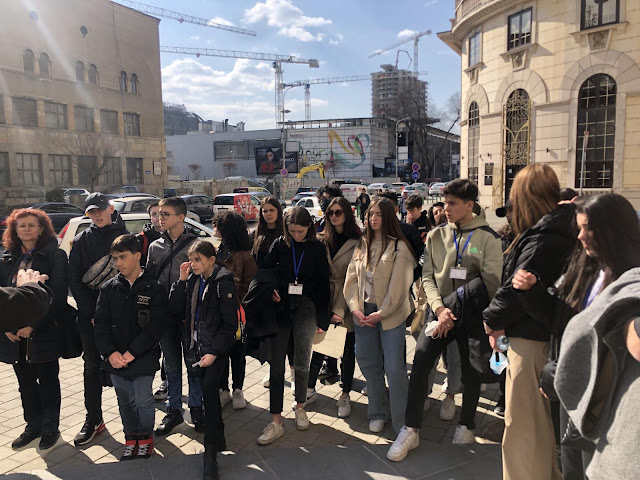











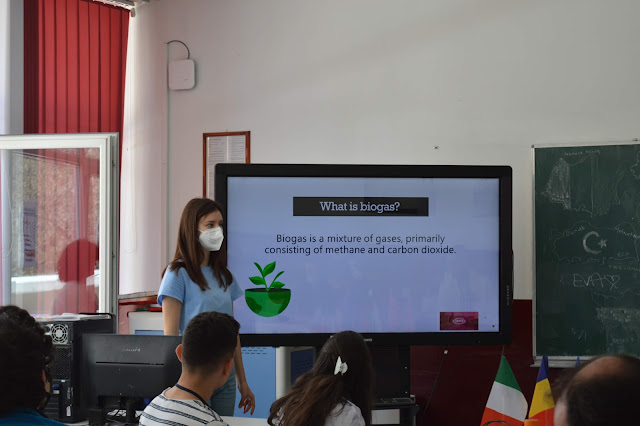







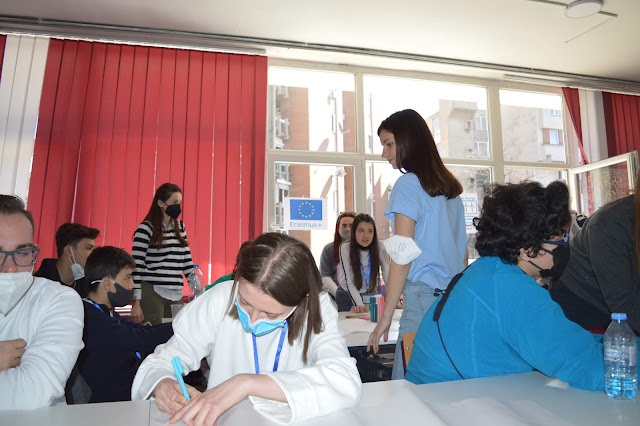



.jpg)

.jpg)

.jpg)



.jpg)





.jpg)

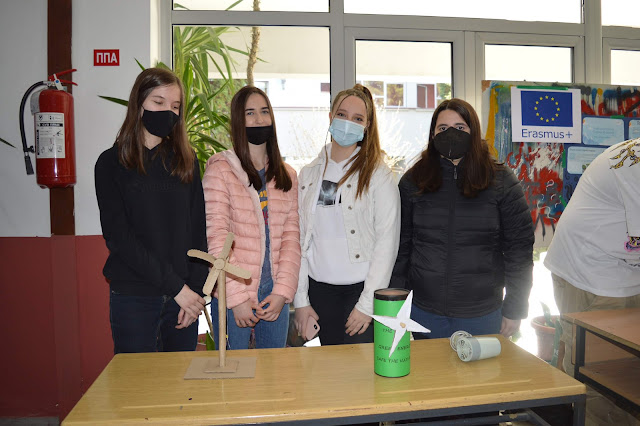

.jpg)














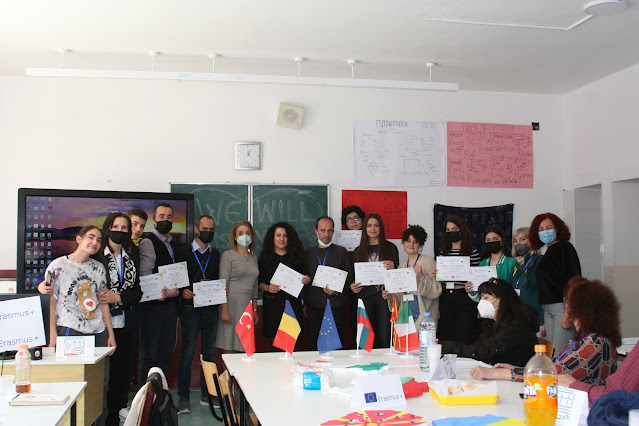




.JPG)













